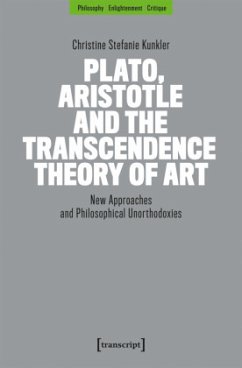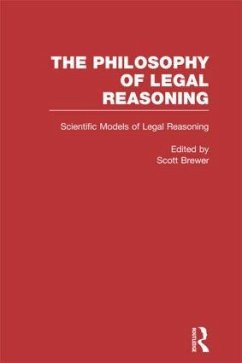
Plato, Diagrammatic Reasoning and Mental Models

PAYBACK Punkte
15 °P sammeln!
This book analyses the role of diagrammatic reasoning in Plato's philosophy: the readers will realize that Plato, describing the stages of human cognitive development using a diagram, poses a logic problem to stimulate the general reasoning abilities of his readers. Following the examination of mental models in this book, the readers will reflect on what inferences can be useful to approach this kind of logic problem. Plato calls for a collaboration between writer and readers. In this book the readers will examine the connection between diagrams and discovery, realizing the important epistemic...
This book analyses the role of diagrammatic reasoning in Plato's philosophy: the readers will realize that Plato, describing the stages of human cognitive development using a diagram, poses a logic problem to stimulate the general reasoning abilities of his readers. Following the examination of mental models in this book, the readers will reflect on what inferences can be useful to approach this kind of logic problem. Plato calls for a collaboration between writer and readers. In this book the readers will examine the connection between diagrams and discovery, realizing the important epistemic role of visualization. They will recognize the crucial role that diagrams play in problem solving. The logic problem elaborated by Plato is addressed considering the epistemic function of mental models. These models introduce to an advanced stage of cognitive development, in which reasoning uses in its investigations a higher-level of mathematical complexity, represented by structuralism.














